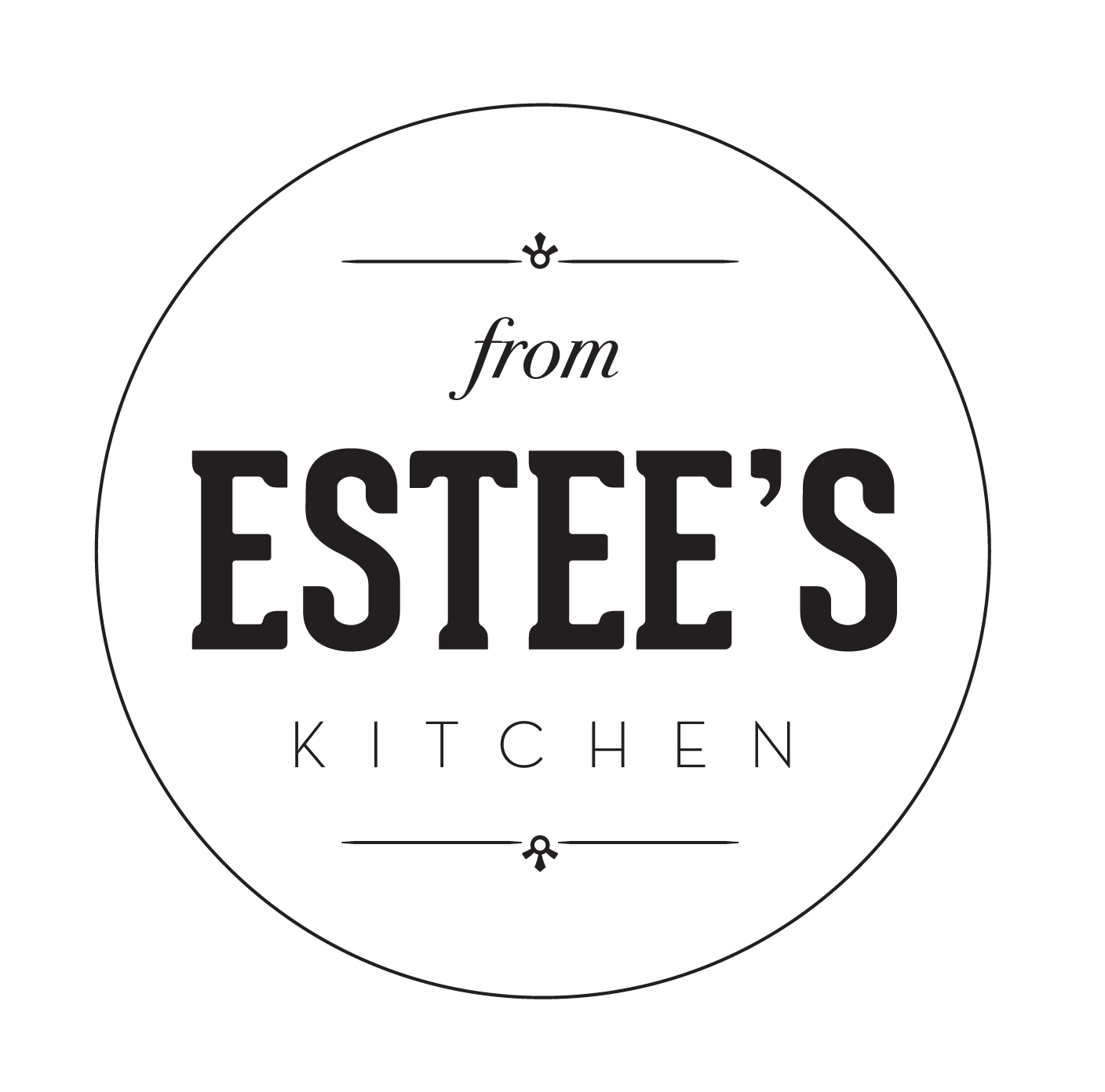10 Greatest Misconceptions About Being Vegan, Quashed
Making the change to a plant-based diet opened my eyes to a whole new, fascinating world. I learned so much about ingredients and how foods can heal. I've come to think of food as preventative medicine. It completely changed my life.
For the first time, my digestive system was working as designed, so my energy levels increased; it felt great! People don’t like to talk about their digestive problems, but it is so important to keep your body balanced.
Plus, when I stopped eating dairy, my skin became so much healthier and smoother. After I researched it further, I discovered the connection between dairy and acne. I wish I had known about it when my acne was raging, it would have saved me a lot of pain. I want to tell the world that if you have skin problems, stop eating dairy; your skin will thank you.
“I Want to Go Vegan, But…”
But... But... But...
When I talk to people about my journey to veganism, they tell me that they want to make the same transition too, but that something is stopping them, some reason why they believe that a plant-based diet isn't going to work for them.
So today I want to address some of the most common beliefs that people have about being vegan and why they are false.
1. Eating vegan food is not satisfying or filling.
If you eat whole grains, a vegan diet is very filling. Eating enough plant-based protein such as tempeh, tofu, and legumes combined with vegetables will leave you satisfied.
2. Vegans don’t get enough calcium in their diet because they don’t drink cow milk.
The truth is that calcium exists in more substantial amounts in a lot of the green veggies—such as broccoli, bok choy, kale, collard greens, okra—and also in almonds, black beans, and many other plants, than in cow milk.
3. Vegans don’t eat enough protein because protein comes mainly from meat.
The truth is that there are high levels of protein in soybeans, and soy products, such as tempeh and tofu. You can also find high levels of protein in quinoa, beans, lentils, nuts, peanut butter, and, in general, all the legumes.
4. Vegans don’t get enough iron.
Vegans can eat a lot of iron at high levels, which exists in spinach, parsley, and raisins. Sometimes iron will not absorb in the body like with animal products, and therefore vegans need to take supplements. However, if you combine iron with citrus, it will help absorption in your body.
5. Vegan food is expensive.
I always say that vegan food is not only cheaper but if you invest in fruits and vegetables, you may not need to spend so much money in the future on medicine. Being mindful of what you eat may prevent illnesses in the future.
6. Vegans eat only lettuce and seeds.
Vegan food can be so versatile, rich and complex, much more so than just eating meat and potatoes. I've created many different recipes that are filling, delicious, and healthy. For new vegans, I recommend my roasted vegetable quinoa-crust pizza. It's great for dinner and is a balanced meal.
7. Vegans are weak.
There are marathon runners and weightlifters that eat a plant-based diet. If you eat a healthy whole grain diet; there is no reason to be weak. You can eat vegan and eat really unhealthy. If you eat chips and salsa all day, cookies, and sugar, and vegan processed food, it might bring you down. Eating a healthy plant-based diet is key.
8. Only hippies are vegans.
Vegans can be anyone who thinks that this is the best way for them to live, for different reasons: animal rights, health benefits, allergies, etc. Do I look like a hippie? What about Daisy Ridley? I recently offered my Tahini Oatmeal Cookies recipe to the vegan star in VOGUE magazine.
9. A vegan lifestyle is hard to keep.
The truth is that being vegan is a state of mind, and it’s not hard at all. Like any other diet, planning your meals will help you eat the right things. Plan your meals at the beginning of your week. Being prepared ahead of time is key. Making tempeh instead of chicken takes the same amount of time and effort.
10. Vegans get sick a lot more.
When you eat vegan food, and your body is balanced, your immune system gets stronger, and you don’t get sick as often—or definitely not more than meat eaters. Studies show that eating a plant-based diet can help prevent major cancers and disease. Don’t wait to be sick to change your diet.
No More But…
Too many people shy away from vegan lifestyle for reasons that are simply false. If you're also on the fence about going vegan, I hope my list helps you decide to take a step in the right direction.
What about you? Is something standing between you and a plant-based lifestyle? What food is the hardest for you to give up when going vegan? I’d love to hear from you here on Facebook.


